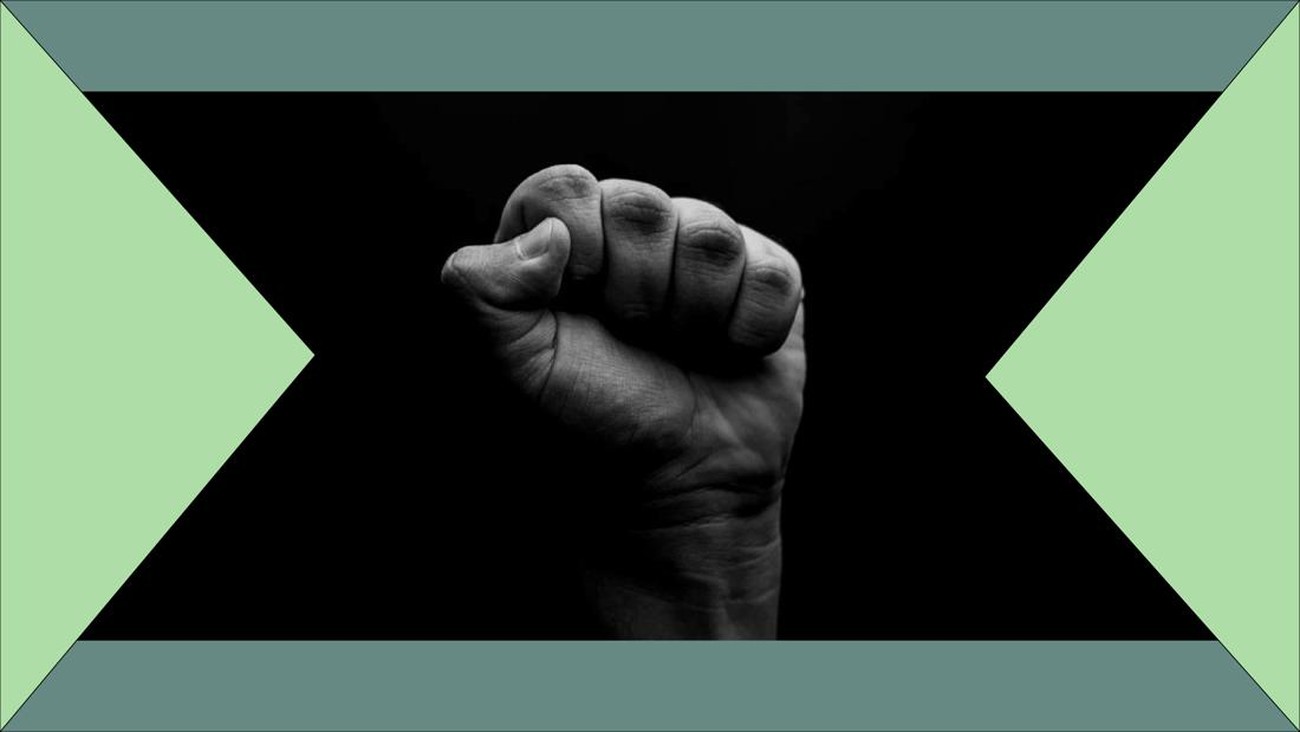It hasn't been long since the string of abusive incidents caused by entitled youngsters happened. These phenomena have gone viral on social media that Indonesian citizens are trying their best to uncover the details of its violent perpetrators. Some of them are known to be privileged as they came from reputable families. People assume that these violence are acted out due to a tendency of abuse of power. However, what is abuse of power and why do people do this according to psychology?
Abuse of power is a complex phenomenon that can occur in a wide range of settings, from the personal to the political. It is the misuse of power or authority by an individual or group in a way that is harmful to others. In this essay, we will explore the psychological reasons why people may abuse power, and examine some of the factors that contribute to this behavior.
Why do people abuse power?
There are a number of reasons why people may abuse power. Some of the most common psychological factors that contribute to this behavior include a need for control, a lack of empathy, and a sense of entitlement.
Need for control
One of the most common reasons that people abuse power is a need for control. This can manifest in a number of ways, such as a desire to dominate others, a fear of losing control, or a need for validation and approval from others. Those who are driven by a need for control may use their power to manipulate, coerce, or intimidate others, in order to maintain their sense of power and control.
Lack of empathy
Another factor that can contribute to abuse of power is a lack of empathy. Individuals who lack empathy have difficulty understanding or relating to the emotions and experiences of others. They may disregard the feelings and needs of others, and use their power in ways that are harmful or destructive. This lack of empathy may be rooted in trauma or other psychological factors, and can lead to behavior that is callous or cruel.
Sense of entitlement
A sense of entitlement can also contribute to abuse of power. Those who feel entitled may believe that they are deserving of special treatment or privileges, and that their needs and desires should be prioritized over those of others. This can lead to behavior that is self-centered or exploitative, as individuals use their power to benefit themselves at the expense of others.
Consequences of abuse of power
The consequences of abuse of power can be far-reaching and severe. In personal relationships, abuse of power can lead to emotional, physical, or sexual harm, and can leave lasting scars on the victims. In the workplace, abuse of power can create toxic and abusive environments, and can undermine the productivity and well-being of employees. In political contexts, abuse of power can lead to corruption, injustice, and the erosion of democratic institutions.
Abuse of power is a complex and damaging phenomenon that can have serious consequences for individuals and society. By understanding the psychological factors that contribute to this behavior, we can begin to develop strategies for preventing and addressing abuse of power in all its forms. Promoting empathy, creating accountability, and building inclusive and democratic institutions are all important steps in this process, and can help to create a safer, more just, and more equitable world for all.
(DIP/alm)





























